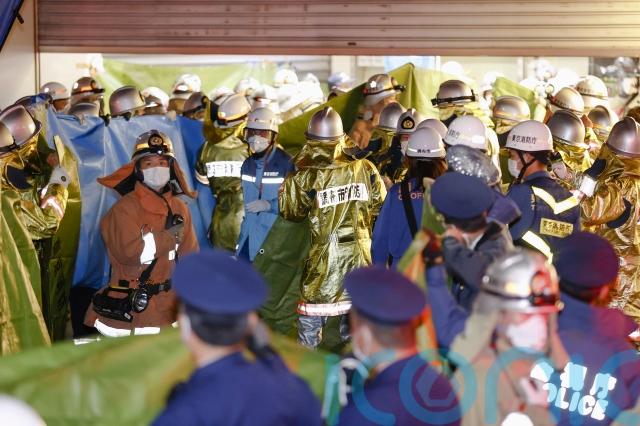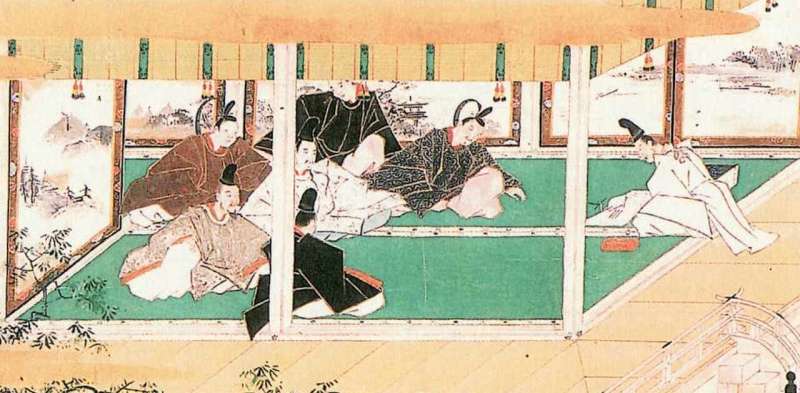The end of floppy disks in Japan?
Japan's digital minister has "declared war" on floppy disks and other retro tech used by the country's bureaucrats.
Around 1,900 government procedures still require businesses to use the storage devices, plus CDs and mini-discs,
Taro Kono said. He said regulations would be updated to allow people to use online services.
Despite its reputation for innovative high-tech gadgetry, Japan is notorious for clinging to outmoded technology through its office culture.
Floppy disks - so-called because the original products were bendable - were created in the late 1960s, but were falling out of fashion three decades later thanks to more efficient storage solutions. More than 20,000 typical disks would be needed to replicate an average memory stick storing 32GB of information.
But the legacy of the square-shaped device can still be witnessed to this day, as their visual appearance inspired the traditional "save" icon. A Japanese government committee has discovered about 1,900 areas in which businesses are required to use storage media like floppy disks when making applications or holding data.
During a news conference on Tuesday, Mr Kono also criticised the country's lingering use of other outdated technology.
https://www.bbc.com/news/world-asia-62749310




